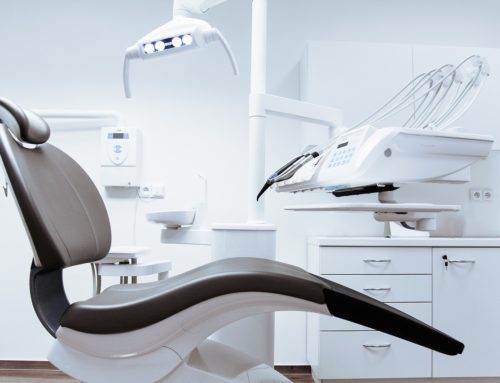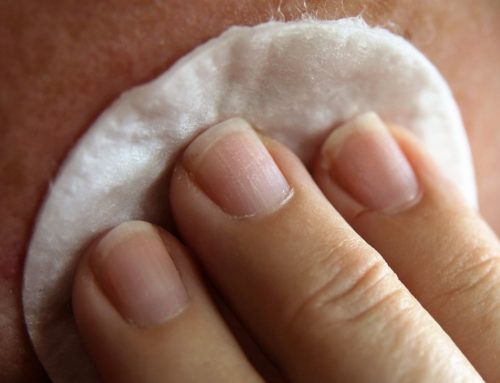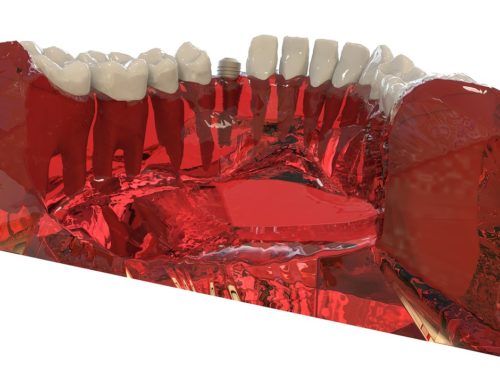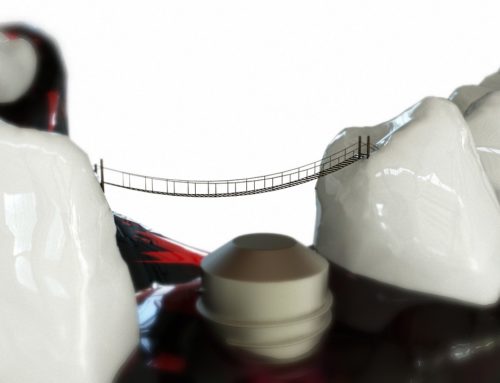As strange as it sounds, there may be a connection between hair loss and teeth. What is it? After all, teeth are in your mouth and hair is on your head. So, what could possibly link the two? Your hair restoration expert in Bala Cynwyd can offer the following insights.
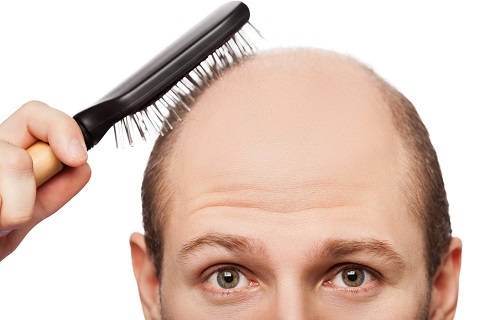
Why Do People Experience Hair Loss?
In most cases, hair loss is genetic. An estimated 80 percent of cases are hereditary. But sudden patchy hair loss with no obvious reason may be due to a more mysterious form of hair loss called Alopecia areata. According to research, there is one in a thousand chance that a person who suffers from random bald patches on the scalp, or beard, eyebrows, and/or eyelashes may be affected by this condition.
Alopecia areata refers to hair loss that occurs when the immune system mistakenly attacks hair follicles—where hair growth begins. Experts are not sure why the immune system attacks the follicles. Alopecia areata is most common in people younger than 20, but children and adults of any age may be affected. Women and men are equally affected. The good news is that the damage to the follicles may not be permanent.
Alopecia Areata and Teeth
But what does this have to do with teeth? Some research has shown that there may be a connection between teeth infection and Alopecia areata, caused by a weakening of the immune system due to tooth infection. In those studies, Alopecia areata was detected close to the area of tooth infection.
When a tooth is infected, white blood cells work overtime to destroy the infection. These white blood cells may migrate to nearby cells, such as those found in hair follicles. Alopecia areata may occur if the white blood cells mistakenly attack hair follicles, weakening them to such a degree that hair growth is no longer possible.
Treatment of Alopecia Areata
The good news about Alopecia areata caused by tooth infection is that it can be treated and reversed. If the symptoms are caught in the early stages both the infection and hair loss can be easily treated. In many cases, patients will experience spontaneous hair regrowth without any treatment within a year. But the likelihood of total re-growth diminishes as the severity of the condition increases.
While there is no definitive cure for Alopecia areata, treatment options are available. A course of steroid injections into the scalp can help in cases where the bald patches are quite small. Children and some adults may be treated with topical corticosteroids, applied to the affected area. Rogaine may also be used with topical corticosteroids.
If you are worried about your hair loss, you may want to consult with your hair restoration expert in Philadelphia.
Dr. Anthony Farole is the best. I came in very scared and afraid. Dr. Farole and his wonderful staff were very patient with me and helped calm me down. They reassured me that i would be fine and took very good care of me. I felt no pain and the procedure went very smooth. Thank you so much for a job well done!
Take the Next Step
Want to learn if a Hair Restoration is right for you? Schedule a consultation at Dr. Farole’s Facial Cosmetic Surgery Center in Bala Cynwyd, PA by giving us a call at (610) 668-3300 today.
Source
Belgraviacentre.com
WebMD.com


